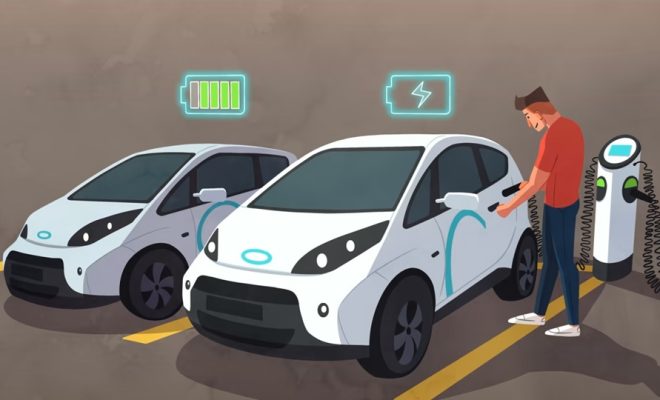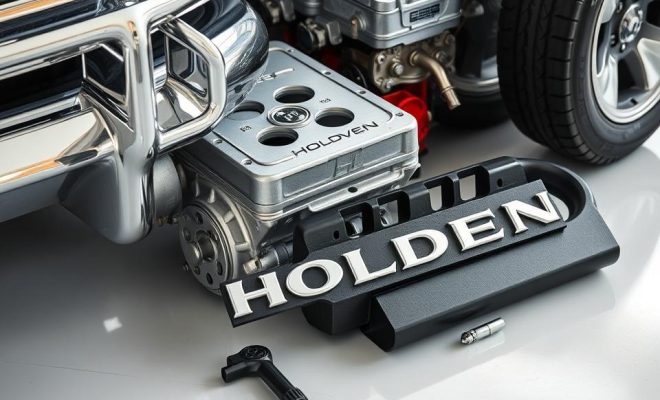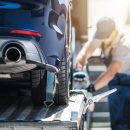The Silent Revolution: How Singapore’s Electric Vehicle Boom is Transforming Automotive Care

Car servicing Singapore has undergone a profound transformation that mirrors the city-state’s broader technological evolution, shifting from traditional mechanical maintenance to sophisticated digital diagnostics. This metamorphosis reflects not merely changing the consumer preferences, but a fundamental reimagining of what it means to maintain a vehicle in one of the world’s most forward-thinking urban environments.
The Historical Context of Singapore’s Automotive Landscape
Singapore’s relationship with automobiles has always been complicated by geography and governance. The island nation’s Certificate of Entitlement (COE) system, introduced in 1990, artificially constrained vehicle ownership whilst simultaneously elevating the importance of proper maintenance. When vehicles cost upwards of S$100,000 due to regulatory frameworks, neglecting servicing becomes an exercise in economic self-destruction.
This economic reality has fostered a culture of meticulous vehicle care that now serves Singapore well as it transitions towards electric mobility. The government’s ambitious target of phasing out internal combustion engine vehicles by 2040 hasn’t emerged in a vacuum—it builds upon decades of automotive stewardship born from necessity.
Understanding Electric Car Servicing: A Paradigm Shift
Electric car servicing represents a fundamental departure from conventional automotive maintenance, demanding new skill sets and technological infrastructure. Unlike their combustion counterparts, electric vehicles operate with fewer moving parts, yet their complexity lies hidden within sophisticated battery management systems and regenerative braking technologies.
The servicing requirements for electric vehicles include:
• Battery health monitoring and calibration
• High-voltage system safety inspections
• Thermal management system checks
• Software updates and diagnostic scans
• Charging port and cable assessments
• Brake fluid replacement (despite regenerative braking reducing wear)
These requirements necessitate specialised training and equipment that traditional workshops may lack. As one industry observer noted, “The transition to electric vehicles isn’t just about changing what we drive—it’s about completely rethinking how we maintain what we drive.”
Singapore’s Strategic Positioning in Electric Vehicle Adoption
The nation’s compact geography and robust electrical grid infrastructure create ideal conditions for electric vehicle proliferation. Singapore’s Urban Redevelopment Authority has mandated that all new private residential developments include electric vehicle charging provisions, whilst the government continues expanding public charging networks across the island.
This infrastructure development coincides with evolving servicing needs. Traditional petrol stations are gradually incorporating quick-service bays for electric vehicles, recognising that whilst charging takes longer than refuelling, basic maintenance checks can be completed during charging sessions.
The Economics of Electric Vehicle Maintenance
Electric car servicing typically costs around 30-40% less than traditional vehicle maintenance over the vehicle’s lifetime. This reduction stems from several factors:
• Reduced frequency of required services
• Elimination of oil changes and filter replacements
• Decreased brake wear due to regenerative braking
• Fewer fluids requiring regular replacement
However, when repairs are needed, particularly for battery systems or electric motors, costs can be substantially higher. This creates a maintenance profile characterised by lower routine costs but potentially significant repair expenses—a risk that comprehensive servicing can help mitigate.
Training and Certification: The Human Element
Singapore’s SkillsFuture initiative has recognised the importance of retraining automotive technicians for the electric vehicle era. The Institute of Technical Education now offers specialised courses in high-voltage vehicle systems, whilst established workshops invest heavily in technician certification programmes.
This educational transition reflects a broader truth: electric vehicle servicing demands not just new tools, but new ways of thinking about automotive systems. As one veteran technician observed, “Working on an electric vehicle feels more like servicing a computer that happens to have wheels.”
Environmental Implications and Circular Economy
Singapore’s commitment to sustainability extends beyond simply adopting electric vehicles—it encompasses the entire lifecycle of these machines. Proper servicing extends the vehicle’s longevity, reducing the environmental impact of manufacturing replacements. Additionally, the city-state is developing battery recycling programmes that integrate with servicing schedules, ensuring valuable materials don’t end up in landfills.
The concept of “sustainability service” has gained traction, where maintenance schedules optimise not just performance and longevity, but also environmental impact. This holistic approach reflects Singapore’s broader environmental philosophy.
Looking Forward: The Integration Challenge
The future of automotive servicing in Singapore lies not in choosing between traditional and electric vehicle expertise, but in integrating both capabilities. Many households will operate mixed fleets during the transition period, demanding workshops capable of servicing both combustion and electric vehicles effectively.
This transition period presents both challenges and opportunities. Workshops that adapt quickly to electric vehicle servicing requirements position themselves advantageously, whilst those that resist change risk obsolescence. The government’s regulatory timeline provides a clear roadmap, but market forces will ultimately determine winners and losers.
Conclusion: Embracing the Inevitable
Singapore’s automotive servicing industry stands at an inflexion point where traditional expertise must evolve to meet emerging needs. The city-state’s systematic approach to electric vehicle adoption—combining infrastructure development, regulatory frameworks, and educational programmes—creates an environment where both car servicing Singapore and electric car servicing can flourish symbiotically.








